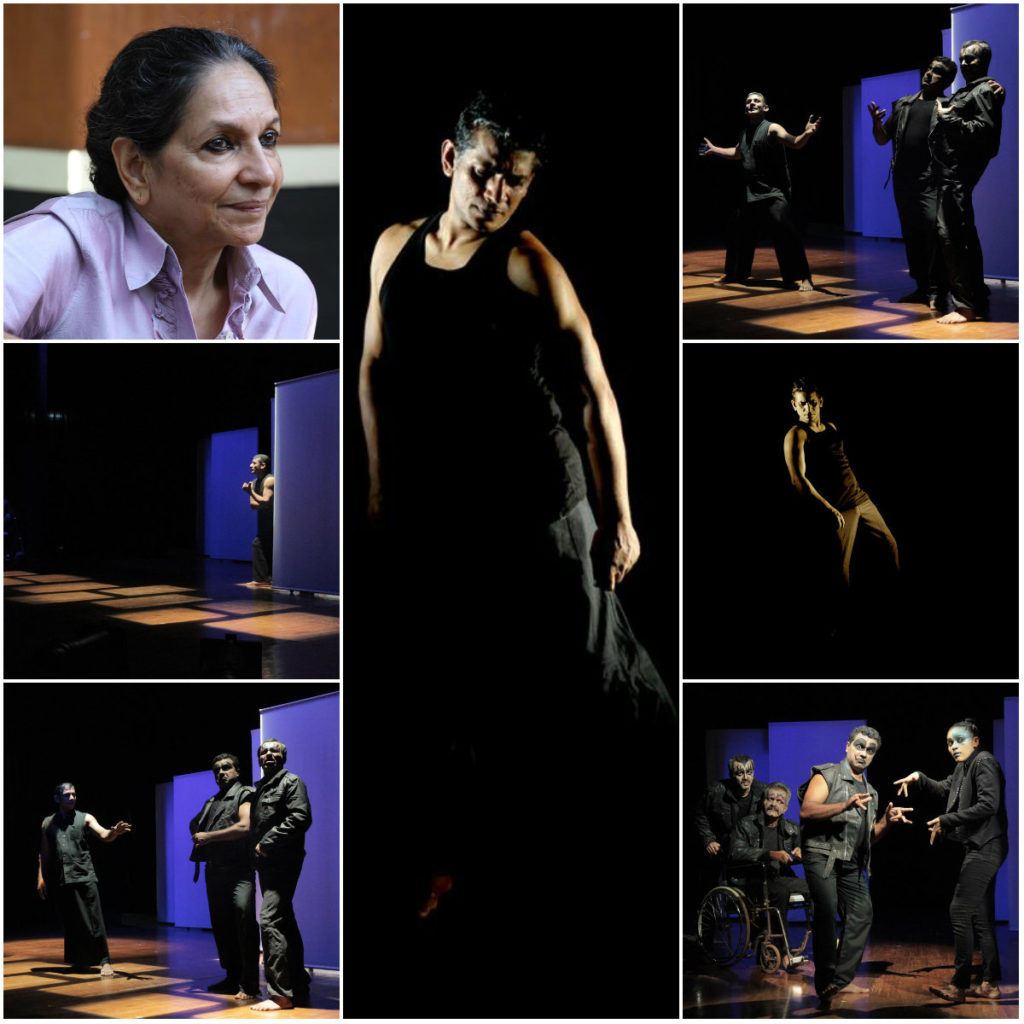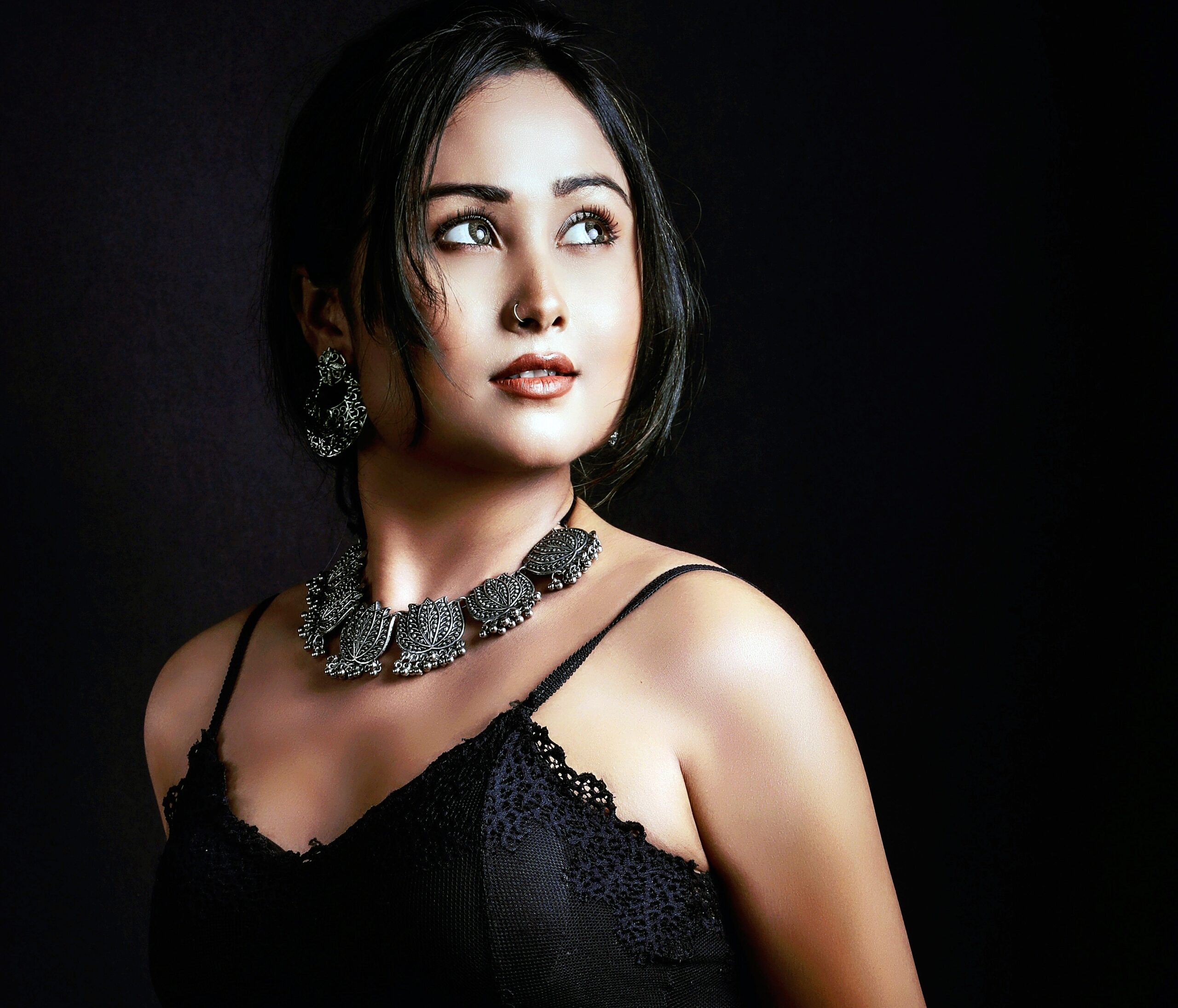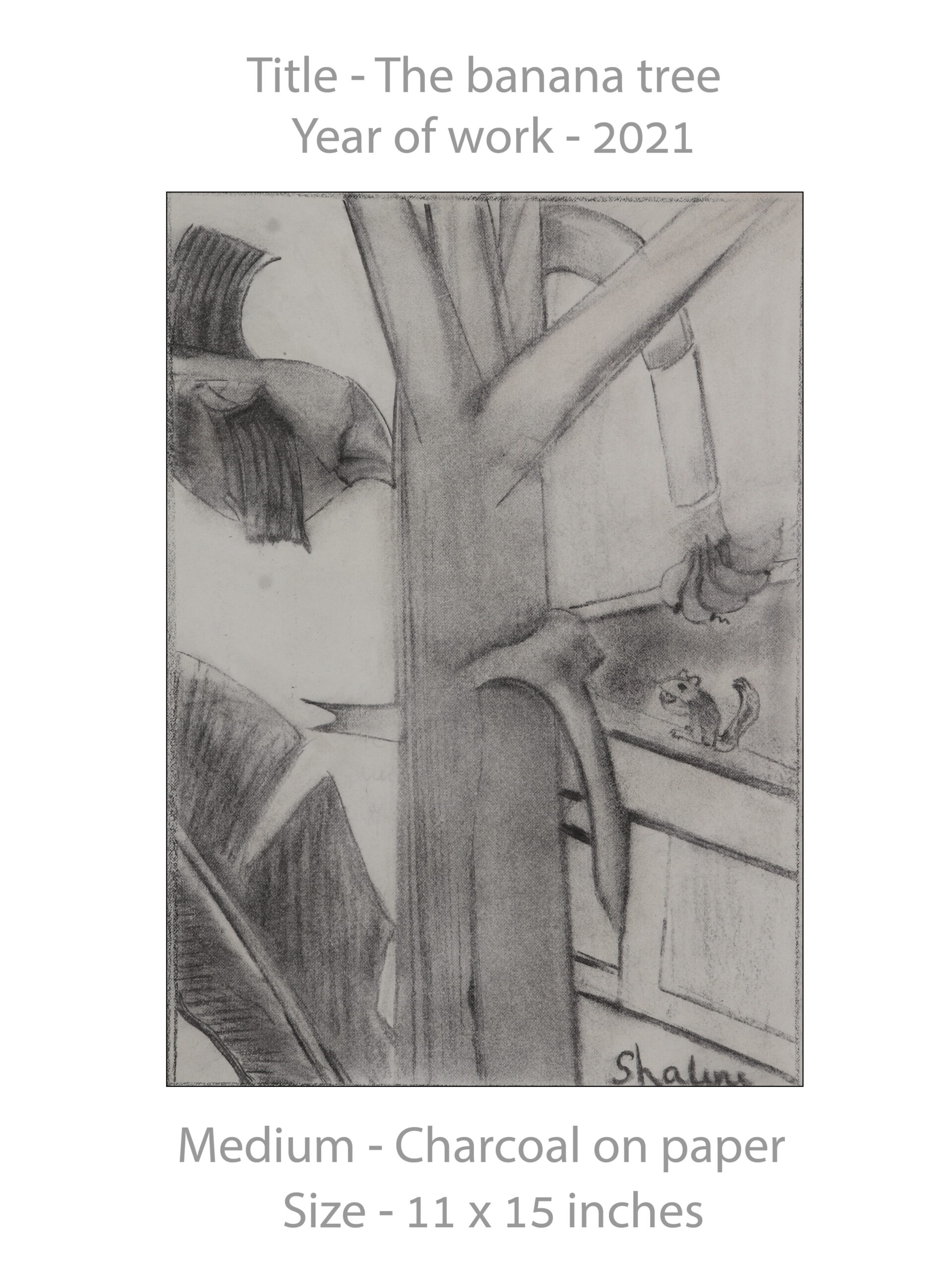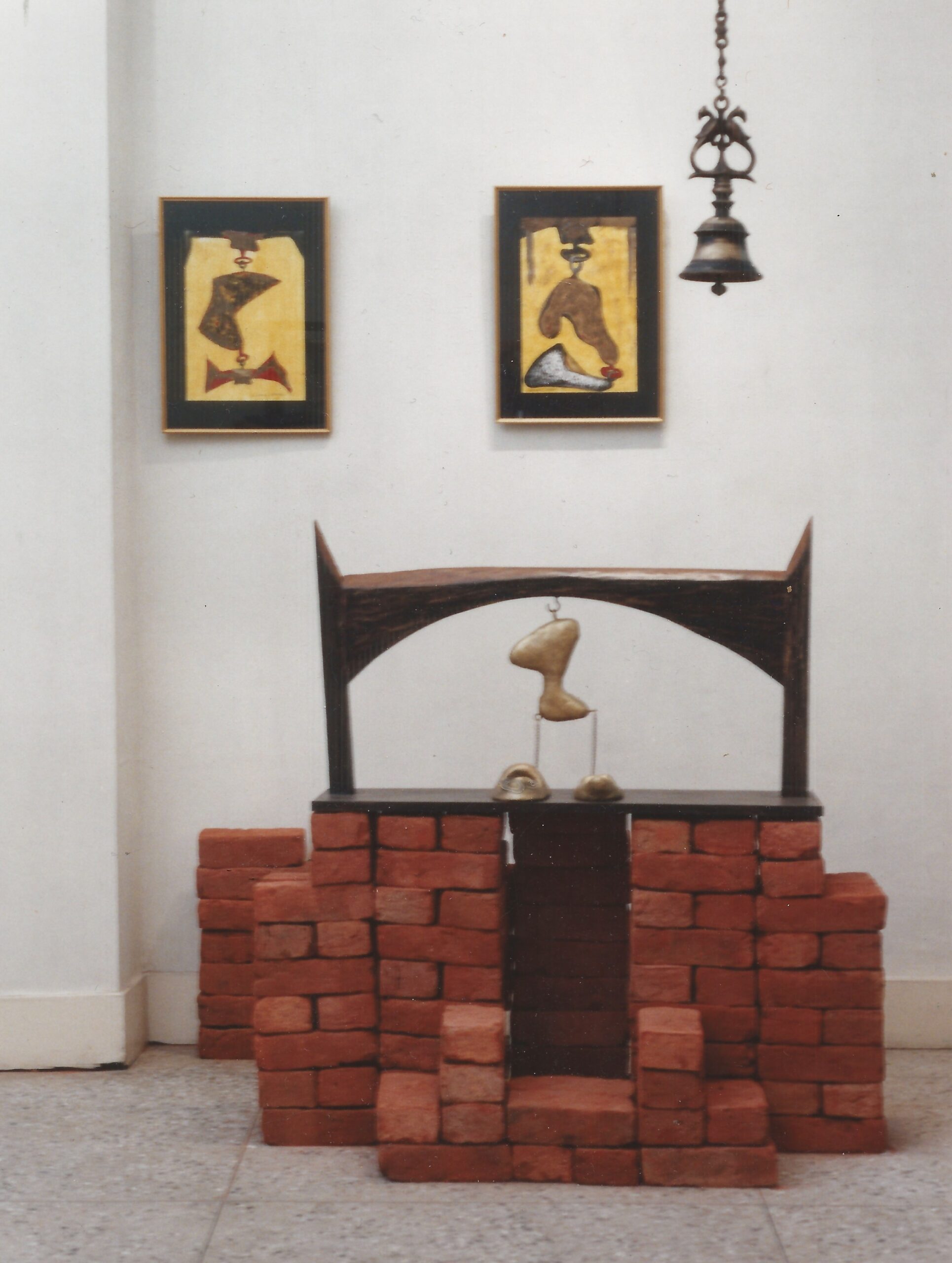Synopsis
In The Tenth Head, the ten heads of Ravana become a metaphor for the tension that exists between an individual and the collective. In the play, nine of the ten heads of Ravana are a company who are quite happy to conform to a common way of seeing things. Their individuality is limited to each head, representing one of the nine emotions (bhavas), from the traditional Indian aesthetic. The tenth however is the odd man out. So tentatively, he looks either for independence from the others, or failing that, an equitable relation with them so that he can give free expression to his unique thoughts. He asks a group of artists to work around the conundrum of his visibility in the graphic representation. However it becomes increasingly apparent that the tenth head is quite different from the other nine. In the end he quietly finds his own solution to the problem, while the artists highhandedly impose their skewered interpretation of the ten heads on the world and posterity.
About The Director
Veenapani Chawla was the Founder, Managing Trustee and Artistic Director of ‘Adishakti’. She was examined by the Trinity College of Music, London, for Singing and Piano and trained with Patsy Rodenberg. In India, she learnt Mayurbhanj Chhau, Kalaripayattu, Koodiyattam, and Dhrupad singing. Some of her plays which have toured nationally and internationally include: Impressions of Bhima, Brhannala and Ganapati. She has been recognized with grants from the Ford Foundation, the Charles Wallace India Trust, the Department of Culture, the Det Lange Udvalga in Denmark and the India Foundation of the Arts. In 2006, she received a Fellowship for a one month Residency at Villa Waldberta, Munich. In the same year she received the Zee Astitva Award for excellence in Theatre. In 2014, a book edited by Shanta Gokhale, published by Oxford University Press, India: The Theatre of Veenapani Chawla – Theory, Practice and Performance, recognized her work.









